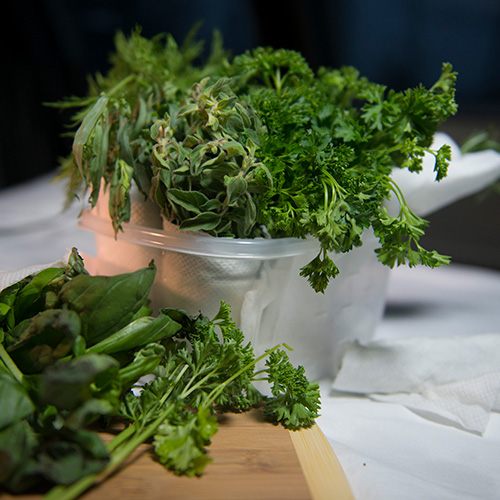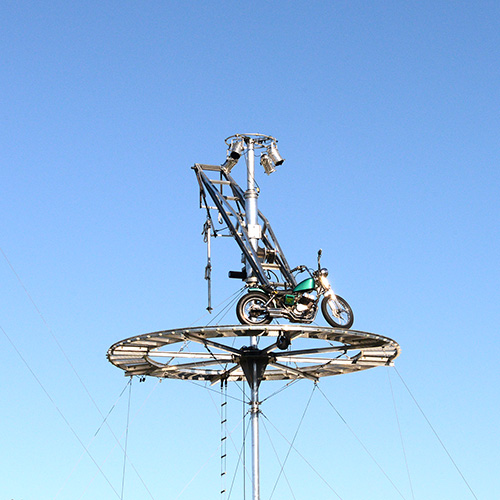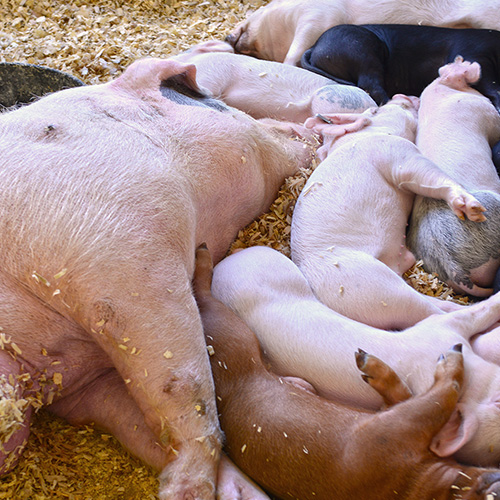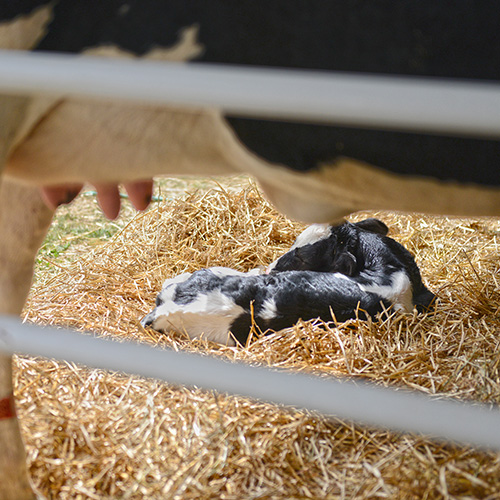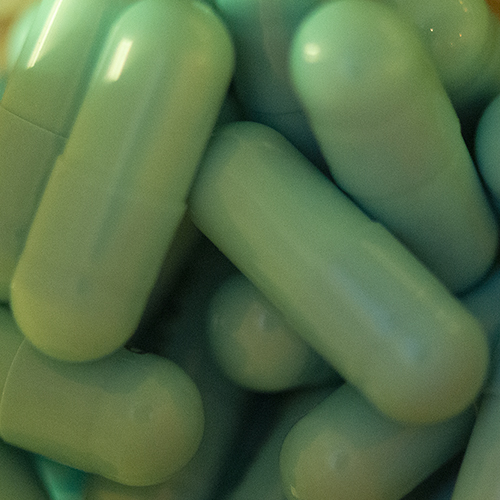The regular discharge of blood and endometrial tissue (lining of the uterus) from the vagina is called a menstrual period. Menstruation usually begins at the age of puberty (between 11 and 14), the process known as menarche, and stops at menopause (around age 50). Each month the female body prepares itself in anticipation of pregnancy. However, if there is no pregnancy, then the lining of the uterus is shed, which is discharged in the form of menstruation. Menstruation also stops during pregnancy and in some women during breastfeeding. Menstruation can last from 3 to 5 days. The menstrual cycle can range from 21 to 35 days and on average lasts 28 days, starting on the first day of menstruation. Women may also experience symptoms of cramping in the pelvic region or abdomen, lower back pain, breast swelling and pain, difficulty eating, irritability and mood swings, and headache and fatigue during menstruation.


